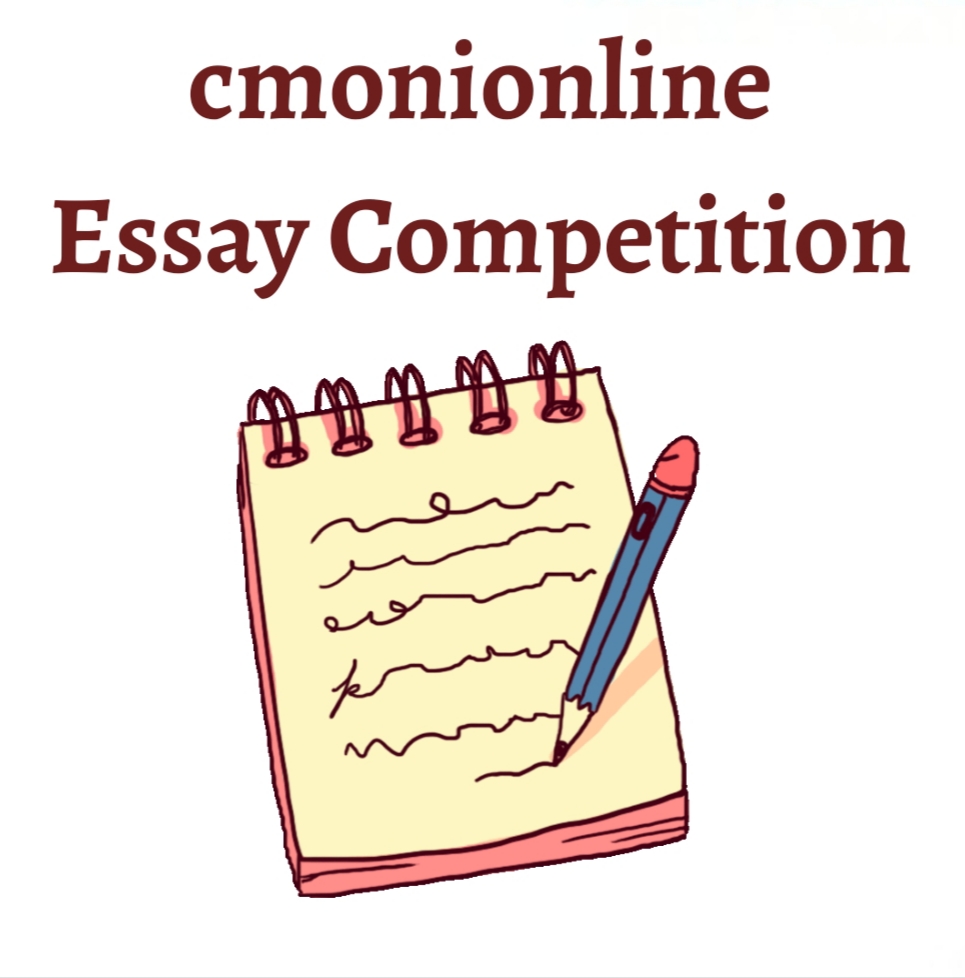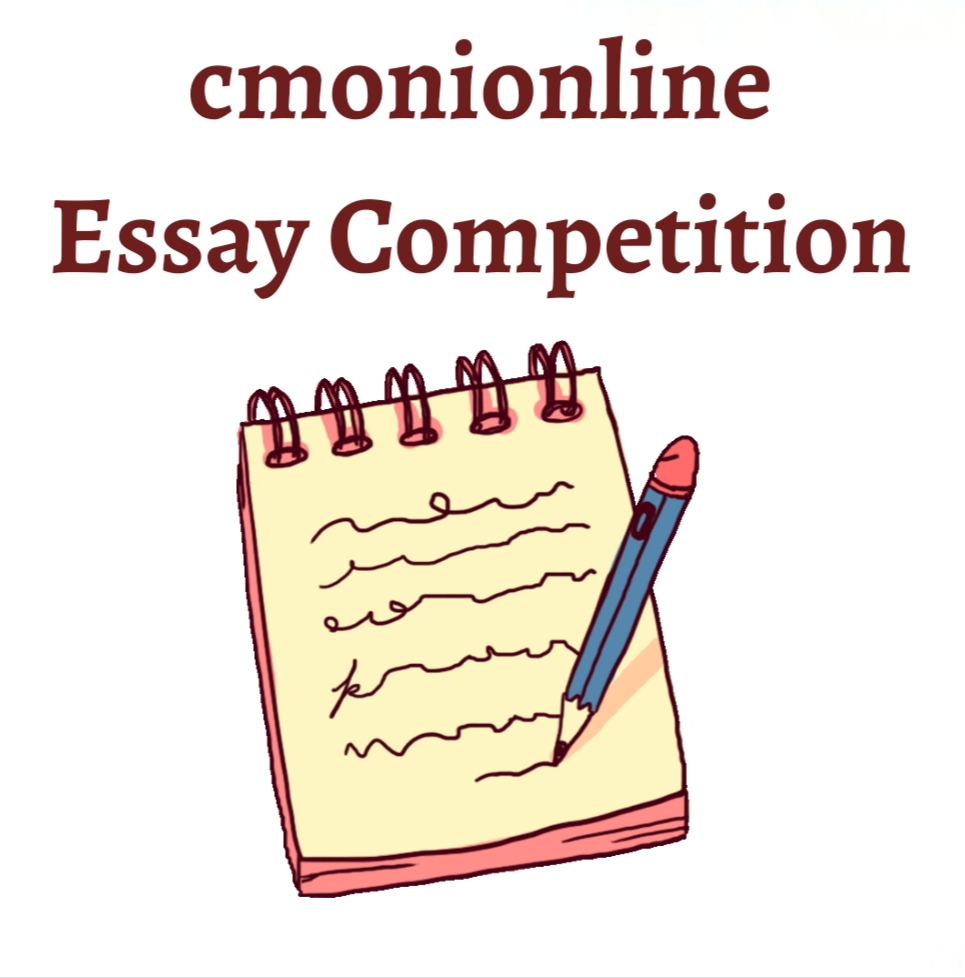Introduction
It is always said that if you want to hide anything from a Nigerian, you put it in a book. This cliche clearly captures the poor attitude of many Nigerians towards reading. While other countries are recording incredible breakthroughs in science and technology due to their healthy reading culture, our reading culture has regrettably nosedived.
It is against this backdrop that the writer seeks to critically analyze the reading culture of Nigerians. This in-depth analysis must answer the following questions; what is reading culture? How is the reading culture of Nigerians? What are the factors that have affected our reading culture? What are the benefits of a good reading culture? How can we improve our reading culture?
What is reading culture?
Reading is a term which refers to the ability to interpret and decode an array of words through a cognitive process. To read is to get ideas from print or written materials. It also refers to an interaction by which meaning encoded in visual stimuli by an author, makes meaning in the mind of the reader.
Relegon.org defines reading culture as learned, habitual, and regular reading of books and information materials. Reading culture involves reading as a regular activity. It is the continuous practice of seeking knowledge, information or entertainment through the written word.
How is the reading culture of Nigerians?
Reading is not deeply rooted in the socio-cultural setup of Nigeria, as information was preferably passed orally. However, the advent of the colonial masters, who introduced English and formal education, contributed to the development of reading culture in Nigeria. Then, Nigerians developed a good reading culture to the extent that the country paraded the best set of authors and publishers in Africa. Prominent amongst them include; Cyprian Ekwensi, Chinua Achebe, Wole Soyinka, among others.
The reading culture saw a massive decline between the mid 1980s and the late 1990s, which is likely an effect of successive military administrations. Recently, Nigeria was rated by the World Culture Score Index as one of the countries in the world with the lowest reading culture (Vanguard 8 Jun 2017). Prof. Suleiman Elias Bogoro, Executive Secretary of Tertiary Education Trust Fund, TETFUND, asserted that the publishing and reading culture of Nigerians has diminished and it’s at the lowest ebb (Vanguard 7 Mar 2019).
What are the factors that have affected our reading culture?
Lack of adequate reward system for avid readers is one factor responsible for the decline in our reading culture. PremiumTimes reported that in 2018, Bamisaye Tosin, the best graduating student at the Ekiti State University, Department of Civil Engineering, got two hundred naira (#200) for his feat. In 2017, Best Somadina, the best graduating student from Mass Communication Department, at Chukwuemeka Odumegwu Ojukwu University (COOU), formerly known as Anambra State University was given a bemusing prize; a tuber of yam, a fowl and a certificate. This is happening in the same country where the winner of BBNaija season5 won #30,000 million cash prize, a two-bedroom apartment, a top of the range SUV, a trip to Dublin and Dubai, home appliances, a year’s supply of Indomie noodles, Munch it, Pepsi and Colgate toothpaste. A branded chiller, a trip to watch the UEFA Champions league finale, a brand new Oppo mobile smartphone (PremiumTimes 13 Jul 2020). It is clear that Nigerians are not properly rewarded for excellence in education.
It is axiomatic that harsh and unfavourable economic condition has played a huge role in our poor reading culture. The daily struggle for economic survival provides little or no time for people to cultivate a good reading habit. Our streets are littered with children who are either begging for alms or hawking various items. An information seen on worldbank.org shows that the National Bureau of Statistics (NBS) recently released the 2019 report of “Poverty and Inequality in Nigeria”, which highlights that 40 percent of the total population, or almost 83 million people live below the country’s poverty line of #137,430 naira ($381.75) per year. How would a parent who could neither afford a square meal nor his children’s school fees, buy books for his children to read?
The level of illiteracy is another factor. It is a common knowledge that a good reading culture cannot be established among illiterates. Guardian of 7th December 2018, reported that available statistics from the National Commission for Mass Literacy, Adult and Non-formal Education, shows that 38 percent of Nigerians are illiterates as out-of-school children are 11 million, while the non-literate Nigerians are about 60 million. For most readers, their reading habit was learnt, nurtured and cemented in a school environment.
We cannot neglect the influence of poor education system in Nigeria. Our education system can be described as examination-oriented rather than knowledge-oriented. The system prioritizes reading for passing examinations rather than reading for general acquisition of knowledge. Hence, many students have resorted to cramming in order to pass examinations. The implication is that one does not need to read if there are no exams to be written.
Poor quality teachers is also a contributing factor. PulseNg reported that the Kaduna State Government discovered that there were 21,780 teachers who were unqualified in 2017. A video posted on channels.com showed that an Edo State teacher, Mrs Augusta Odemwigwe, failed to read her age declaration affidavit. Pathetic, isn’t it? When teachers who are suppose to be role models to their students cannot read fluently, how can their students develop good reading culture?
The negligence of the government towards education is a huge factor. An analysis of our National budget reveals that the Nigerian government does not prioritize reading and education. Hence, the budget allocated to education has been on the decline since 2016. The education sector was allocated 7.9% of the total budget in 2016. It dropped from 7.4% in 2017, to 7.04% in 2018. It further dropped to 6.7% in the 2020 appropriation bill. This is way below the 15-20% benchmark set by UNESCO. (PremiumTimes 24 Oct 2020). The poor funding has contributed to the deplorable state of our education centres, libraries that are not conducive for reading, thereby affecting our reading culture.
The incessant strike action embarked by our public school teachers has worsened an already-dying reading culture. The platitude “teachers’ reward is in heaven” is often used to console our poorly remunerated teachers who are supposed to be motivated to do their work effectively by prompt and adequate payment of their entitlements. This has culminated in a low-quality education making it extremely difficult to develop a strong reading culture.
The alarming rate of examination malpractice in our education system has prompted a poor reading culture in Nigerians. Primary school pupils are offered “help” when writing their First School Leaving Certificate Examination. The proliferation of “special centres” across Nigeria has also given rise to a serious decline in our reading culture. The actions of some of our university lecturers reek of corruption as an undergraduate can “sort” his way to a good result.
The abusive use of the internet especially the social media is another factor. Many Nigerians spend needless time on facebook, twitter, instagram, whatsapp, thereby having little or no time to read.
What are the benefits of a good reading culture?
Reading regularly is a way to mental health which enhances emotional intelligence, helps with self-awareness, empathy, social skills and managing relationship more effectively (Vanguard 2 Apr 2019). A good reading culture plays a pivotal role in the social, economic and technological development of a country. It is essential for nation building. Countries like Japan, America, and Britain etc. took to reading and research to achieve technological breakthroughs.
An article on healthline.com listed the health benefits of a good reading culture to include; strengthening the brain, increasing empathy, preventing cognitive decline, reducing stress, aiding sleep, alleviating depression and lengthening lifespan.
How can we improve our reading culture?
The government should ensure free and quality education for all Nigerians. They should act towards alleviating poverty in the country by implementing favourable economic policies that can make the economy buoyant. The government should also ensure that the budget allocated to education must meet the 15-20% benchmark set by UNESCO.
The employment of teachers must be strictly based on merit to ensure that only qualified teachers are employed. The teachers should be regularly trained and retrained to enhance their proficiency. There should be prompt payment of teachers’ salaries. They should also be reminded of their role in nation building.
Our libraries should be refurbished and made conducive for reading and learning. There should be abundance of good books and other reading aids. Then, people will be motivated to read.
There should be adequate reward for excellent readers. Employment into prominent public and civil positions should be based on qualifications devoid of nepotism. Private and public sectors should collaborate on initiatives that promote a healthy reading culture rather than vying for opportunity to sponsor events with little or no relevance to the future of the country. The essay competition organised by cmonionline has been useful in this regard.
Awareness should be created on the importance of reading for leisure to acquire knowledge rather than to pass examinations. Nigerians should be reminded of the adverse effects of a poor reading culture and how it has militated against our progress as a nation.
Our school’s curriculum should be amended to accommodate time for the students to read. Aside having a conducive library, schools should create reading hours in the timetable when students are compelled to read in the library.
Lastly, parents should help to inculcate the habit of reading into their children by teaching them how to read. It is also their responsibility to checkmate their children’s excessive use of social media.
Conclusion
In order to revive the reading culture of Nigerians, all hands must be on deck. Government, teachers, parents and students must play their respective roles to ensure that we change the picture of our reading culture for good.
References
https://www.channelstv.com/tag/education-/page/16/
https://www.healthline.com/health/benefits-of-reading-books
https://www.m.guardian.ng/news/nigeria/38-of-nigerians-are-illiterates/
https://www.pulse.ng/communities/student/in-kaduna-21780-teachers-fail-primary-4-test-as-government-plans-to-recruit-qualified/9887hsn
https://www.vanguardngr.com/2017/06/world-culture-score-index-rates-nigerias-reading-culture-low/amp/
https://www.vanguardngr.com/2019/04/addressing-decline-of-reading-culture-in-nigeria/
https://www.worldbank.org/en/programs/Isms/brief/nigeria-releases-new-report-on-poverty-and-inequality-in-country
Michael Ogbonnaya is a graduate of mechanical engineering from the Federal University of Technology Owerri. He is a creative writer who tries to tackle societal problems with his writing and can be reached via elevatedmikey@gmail.com







